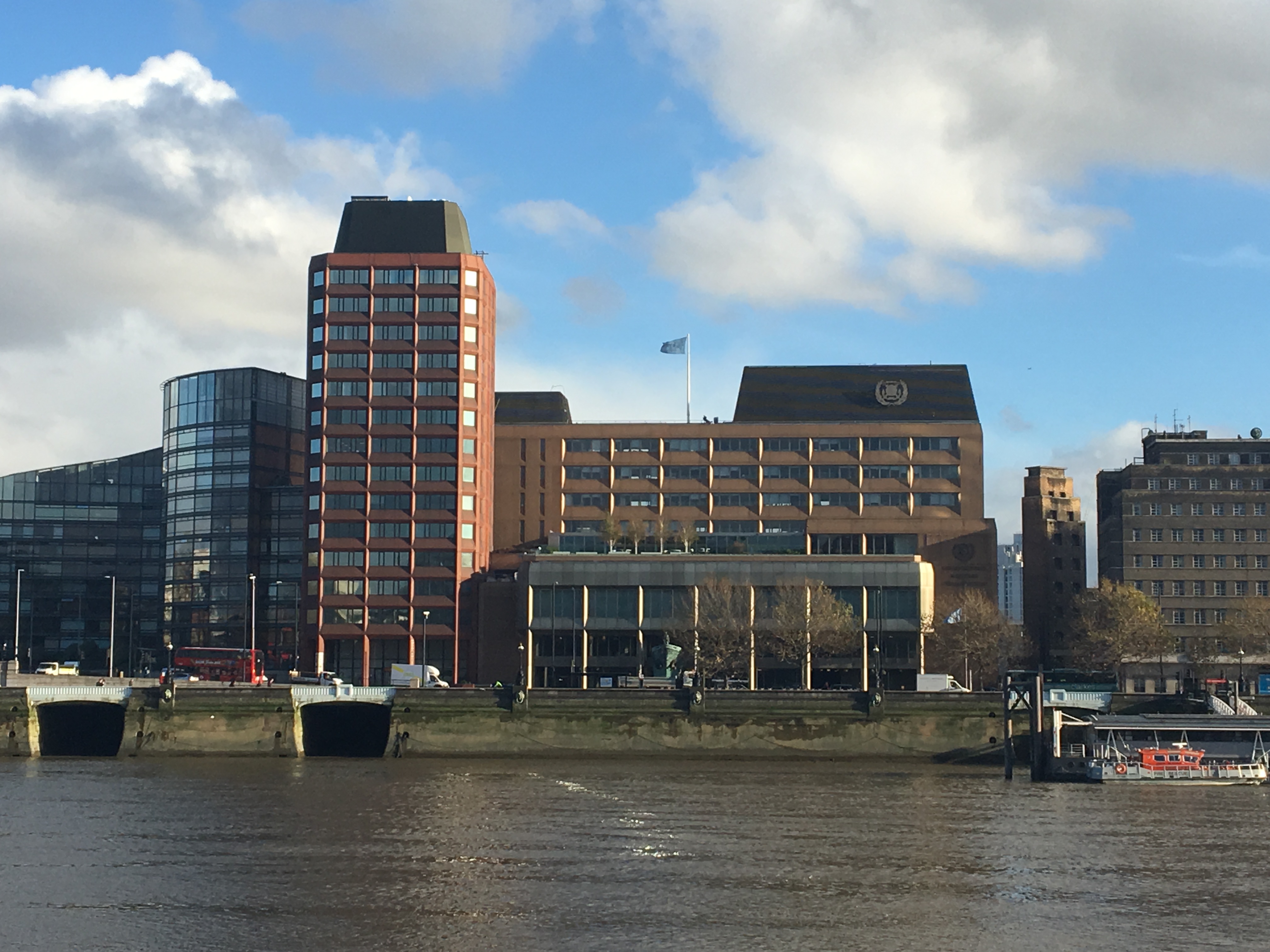|
Intercargo
The International Association of Dry Cargo Shipowners, (INTERCARGO) is an association that represents the interests of owners, operators and managers within the dry cargo shipping industry. Since 1980, INTERCARGO has worked closely with other international associations to promote a safe, high quality, efficient, environmentally friendly, and profitable dry cargo shipping industry. INTERCARGO has Consultative status within the International Maritime Organization. International Maritime Organization (IMO) References External links * |
Cargo
Cargo consists of bulk goods conveyed by water, air, or land. In economics, freight is cargo that is transported at a freight rate for commercial gain. ''Cargo'' was originally a shipload but now covers all types of freight, including transport by rail, van, truck, or intermodal container. The term cargo is also used in case of goods in the cold-chain, because the perishable inventory is always in transit towards a final end-use, even when it is held in cold storage or other similar climate-controlled facility. The term freight is commonly used to describe the movements of flows of goods being transported by any mode of transportation. Multi-modal container units, designed as reusable carriers to facilitate unit load handling of the goods contained, are also referred to as cargo, especially by shipping lines and logistics operators. Similarly, aircraft ULD boxes are also documented as cargo, with an associated packing list of the items contained within. When empty conta ... [...More Info...] [...Related Items...] OR: [Wikipedia] [Google] [Baidu] |
Shipping
Freight transport, also referred as ''Freight Forwarding'', is the physical process of transporting Commodity, commodities and merchandise goods and cargo. The term shipping originally referred to transport by sea but in American English, it has been extended to refer to transport by land or air (International English: "carriage") as well. "Logistics", a term borrowed from the military environment, is also used in the same sense. Modes of shipment In 2015, 108 trillion tonne-kilometers were transported worldwide (anticipated to grow by 3.4% per year until 2050 (128 Trillion in 2020)): 70% by sea, 18% by road, 9% by rail, 2% by inland waterways and less than 0.25% by air. Grounds Land or "ground" shipping can be made by train or by truck (British English: lorry). In air and sea shipments, ground transport is required to take the cargo from its place of origin to the airport or seaport and then to its destination because it is not always possible to establish a production f ... [...More Info...] [...Related Items...] OR: [Wikipedia] [Google] [Baidu] |
International Maritime Organization
The International Maritime Organization (IMO, French: ''Organisation maritime internationale'') is a specialised agency of the United Nations responsible for regulating shipping. The IMO was established following agreement at a UN conference held in Geneva in 1948 and the IMO came into existence ten years later, meeting for the first time in 1959. Headquartered in London, United Kingdom, IMO currently has 175 Member States and three Associate Members. The IMO's primary purpose is to develop and maintain a comprehensive regulatory framework for shipping and its remit today includes maritime safety, environmental concerns, legal matters, technical co-operation, maritime security and the efficiency of shipping. IMO is governed by an assembly of members which meets every two years. Its finance and organization is administered by a council of 40 members elected from the assembly. The work of IMO is conducted through five committees and these are supported by technical subcommitte ... [...More Info...] [...Related Items...] OR: [Wikipedia] [Google] [Baidu] |


